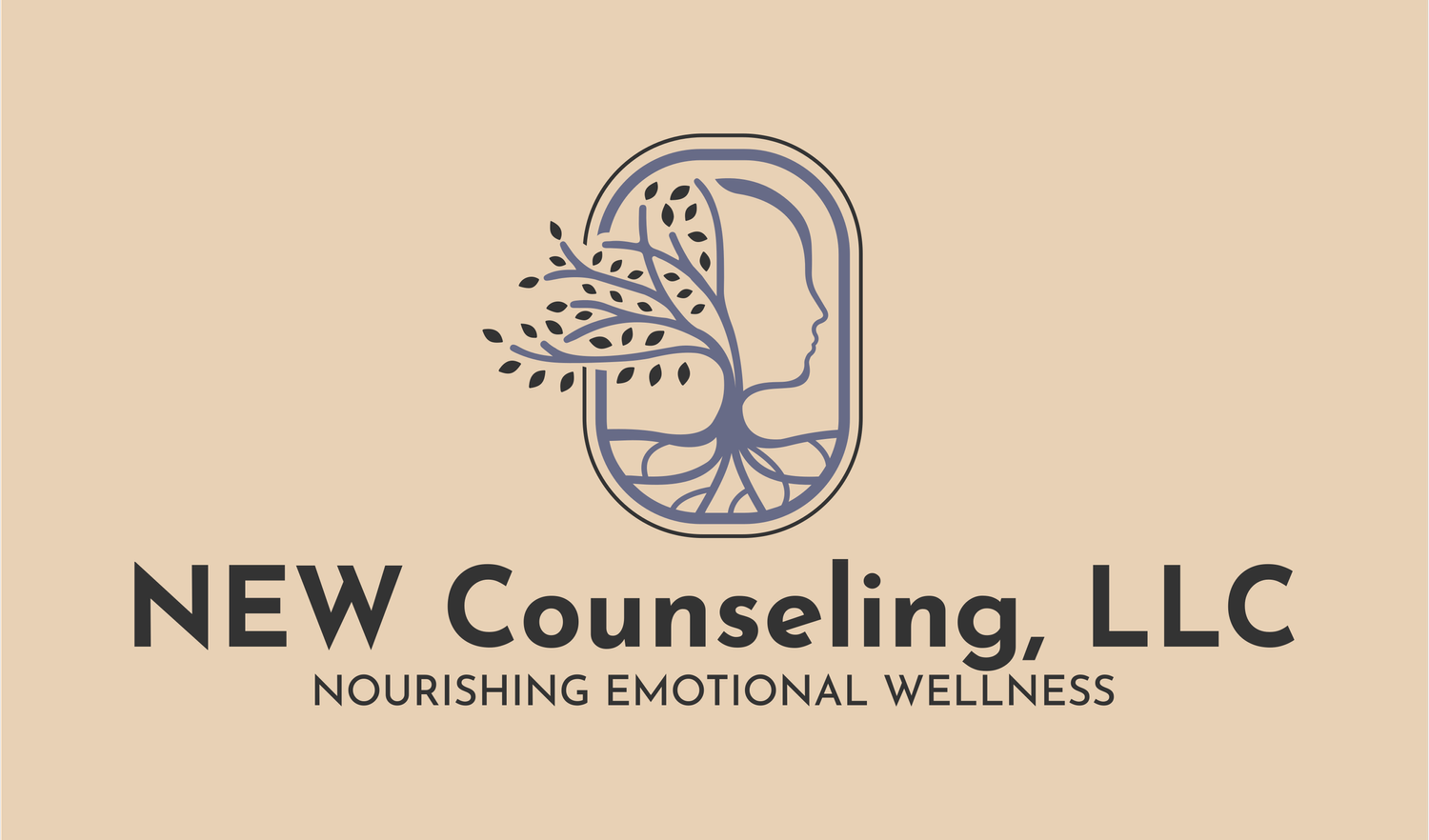
Frequently asked questions.
Do you accept insurance?
Want answers to emotional and behavioral patterns and challenges without adding a diagnosis to your child’s or your own medical history? Using insurance requires a diagnostic code that becomes a part of a child’s medical record until they turn 18 and once someone is an adult, their medical record follows them. Removing a diagnosis can be difficult for some people and often forces individuals and families to search for other providers to correct what has been written. Diagnoses can be stigmatized in a variety of settings and inhibit a person’s ability to pursue certain careers. Additionally, diagnostic criteria in the DSM were built off of studies of primarily educated white men — meaning women, BIPOC, low-SES, young children, and LGBTQIA2S+ individuals may exhibit symptoms that don’t meet the “average” criteria for these diagnoses - resulting in misdiagnoses or identity-based diagnoses (such as PMDD) in many cases.
If a client is curious about a diagnosis or their behaviors or emotions create consistent and continued distress in their ability to function day to day in settings such as a work environment, I am always willing to discuss a diagnosis. If a client needs or chooses, I am always willing to provide psychoeducation and connect clients with others (such as psychiatrists) for support, but I do not want this to be a requirement for each person who is looking for support. Ultimately, I want the choice for a diagnosis to lay in the client’s hands as much as possible. That being said, I do not accept insurance through my private practice.
Because mental health care should be accessible to everyone, I DO offer insurance billing through The Other Road Counseling in Loveland, CO. If I see you through this practice, I will make sure to put the least medically-impactful related diagnosis on the chart for those who need to use insurance, unless the symptoms require additional care outside of individual mental health therapy. To set up an intake or to ask any insurance questions, please contact (970) 217-2486 or email info@theotherroadcounseling.com. They also have additional information at theotherroadcounseling.com
What is emotional wellness?
Wellness is broken into 8 dimensions:
Physical
Intellectual
Emotional
Social
Spiritual
Occupational
Financial
Environmental
Though these do not have to all be equally attended to, all of them must be given attention in order to support overall wellness - if one of these aspects are neglected, it will have an impact on others to follow. Emotional wellness includes understanding and respecting your individual feelings, values, and attitudes as well as respecting those of the people around you.
Do you work with populations other than adolescents and families?
Depending on a case-by-case basis, I may work with populations outside of what is listed on my services page, including adults and couples. This is all determined by best fit - if myself and/or the client do not think this would be the right therapeutic relationship, I am happy to offer referrals to other therapists in the area or available through telehealth.

